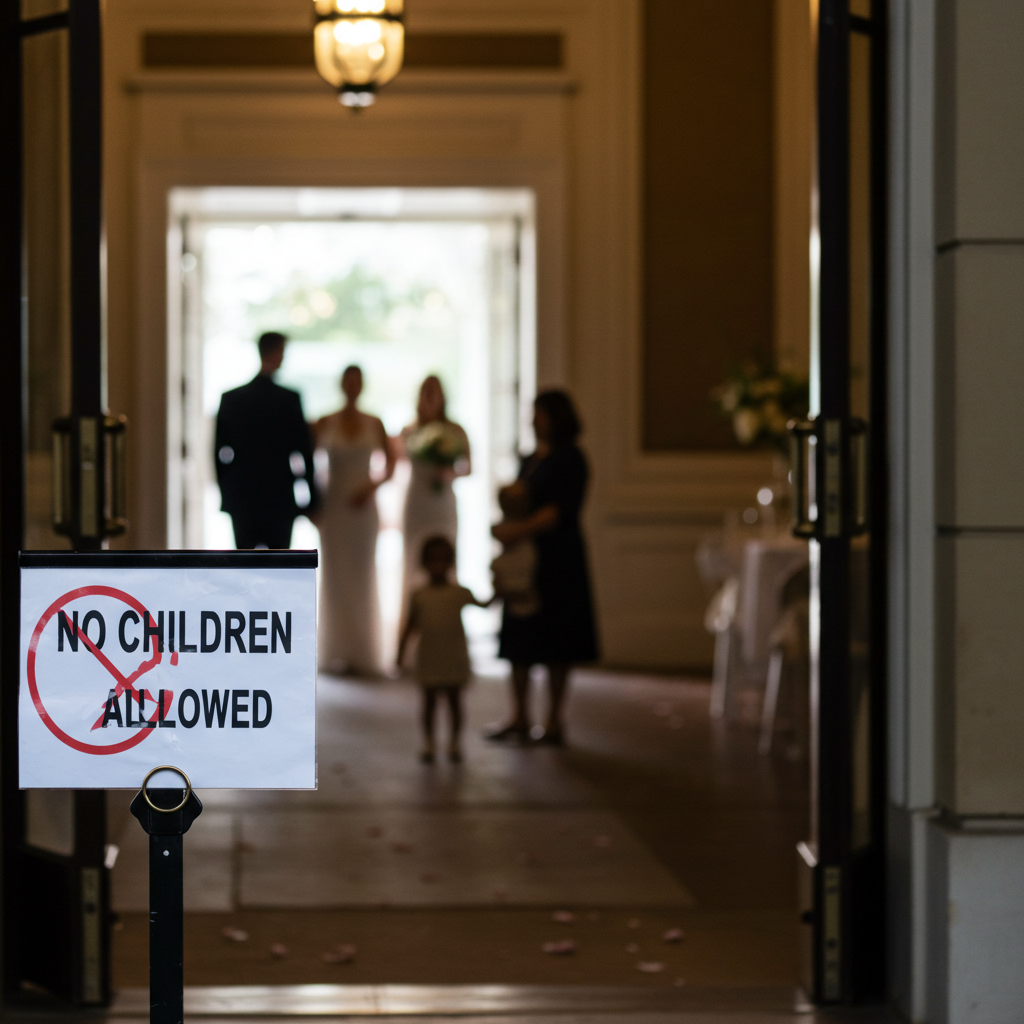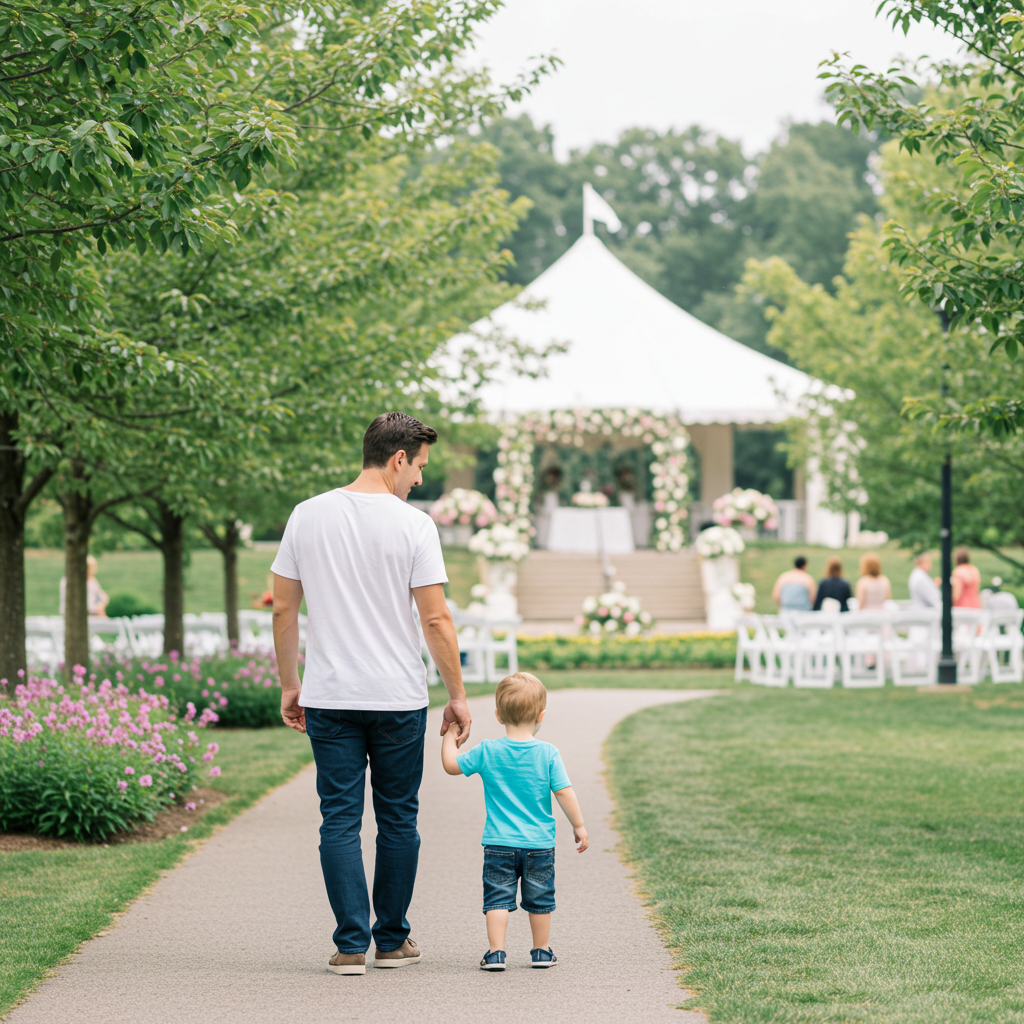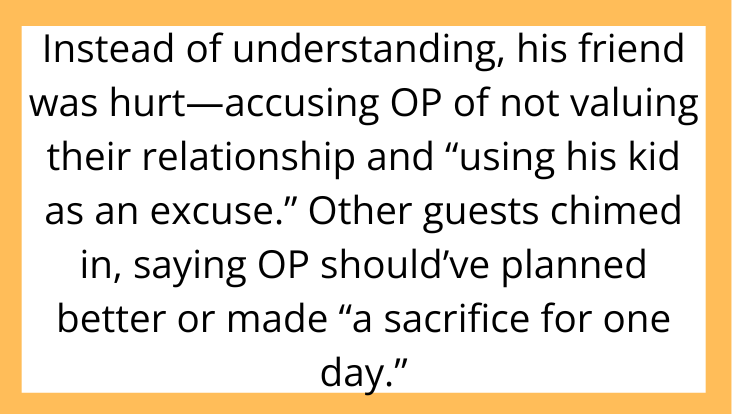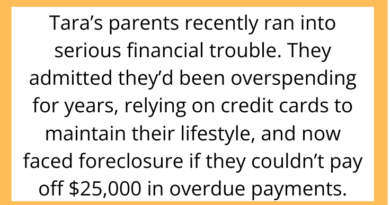AITAH for Not Attending My Best Friend’s Wedding Because It Was Child-Free and I’m a Single Dad?
Weddings are supposed to be joyful celebrations—but when personal values and parenting responsibilities collide with someone else’s big day, things can get complicated fast. That’s exactly what happened in a recent situation shared on r/AITAH, where a single father decided not to attend his best friend’s child-free wedding. What followed was an emotional whirlwind of disappointment, frustration, and divided opinions.
Let’s explore this real-world dilemma and ask the deeper questions: Is prioritizing your child over a close friend’s wishes selfish? Or is it simply being a responsible parent?
The Situation: Loyalty or Fatherhood?

The original poster (OP) is a single father to a five-year-old son. When he received an invitation to his best friend’s wedding—someone he’s known since high school—he was excited… until he saw it was strictly child-free.
OP respectfully explained that he couldn’t find affordable childcare for the weekend and wouldn’t feel comfortable being away from his son overnight. He declined the invitation but sent a thoughtful gift and offered to celebrate another time.
Instead of understanding, his friend was hurt—accusing OP of not valuing their relationship and “using his kid as an excuse.” Other guests chimed in, saying OP should’ve planned better or made “a sacrifice for one day.”
But is it really that simple?
Why Child-Free Weddings Stir Up Strong Reactions

Choosing a child-free wedding isn’t uncommon, and it’s perfectly within a couple’s rights. But for parents—especially single parents—this can feel exclusionary. Here’s why:
-
Logistical challenges: Not everyone has reliable or affordable childcare, especially overnight or for destination weddings.
-
Emotional strain: Parents often feel guilt leaving young kids, especially if they’re the sole guardian.
-
Unspoken judgment: Declining an invite due to kids can be wrongly viewed as disrespectful or lazy.
While hosts have every right to set rules for their event, guests also have the right to say no if it doesn’t work for them.
The Internet’s Verdict: Divided, as Always

As expected, commenters on Reddit were split:
-
Team OP: Many felt he did the responsible thing. “He chose his son, like any good parent would,” wrote one commenter.
-
Team Bride and Groom: Others believed OP could have tried harder. “You had months to find a sitter,” someone pointed out.
But the majority agreed on one thing: friendships can’t thrive when either party ignores the other’s reality.
How to Navigate Child-Free Events as a Parent

If you’re a parent facing a child-free invite, consider the following steps to avoid conflict:
-
Acknowledge the invite with gratitude. Appreciate that you were thought of, even if you can’t attend.
-
Communicate early and honestly. Let them know why you can’t come, rather than waiting or ghosting.
-
Offer alternative connection. Suggest a dinner or one-on-one celebration post-wedding.
-
Don’t guilt-trip the couple. Respect goes both ways—avoid turning your decline into a lecture.
If You’re Hosting a Child-Free Event

Couples planning a wedding without children should also tread thoughtfully:
-
Be clear but kind in your wording. Ambiguity leads to drama.
-
Expect some declines. Not everyone can (or will) bend their lives around your event.
-
Show appreciation for all guests—whether or not they can attend.
Remember, boundaries work both ways: you can make rules for your day, and your guests can choose what works for them.
Final Thoughts: Is It Wrong to Put Parenting First?

OP’s decision not to attend his best friend’s wedding wasn’t about disrespect—it was about doing what felt right for his child and for himself. And while it’s painful when important moments are missed, sometimes maturity means knowing your limits and choosing what matters most in the long run.
Friendships evolve. So do priorities. And if they’re built on real understanding, they can survive even the toughest choices.



